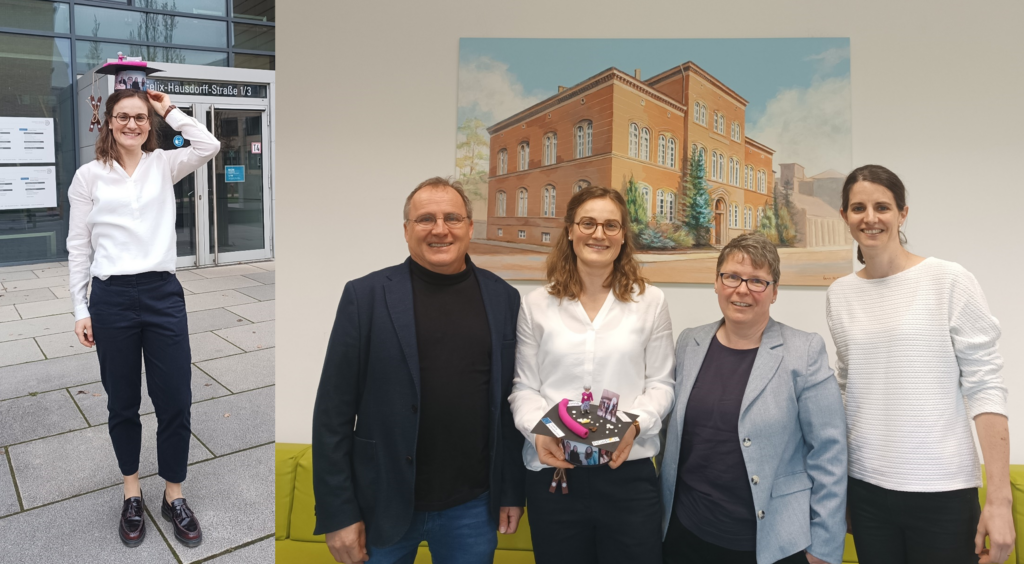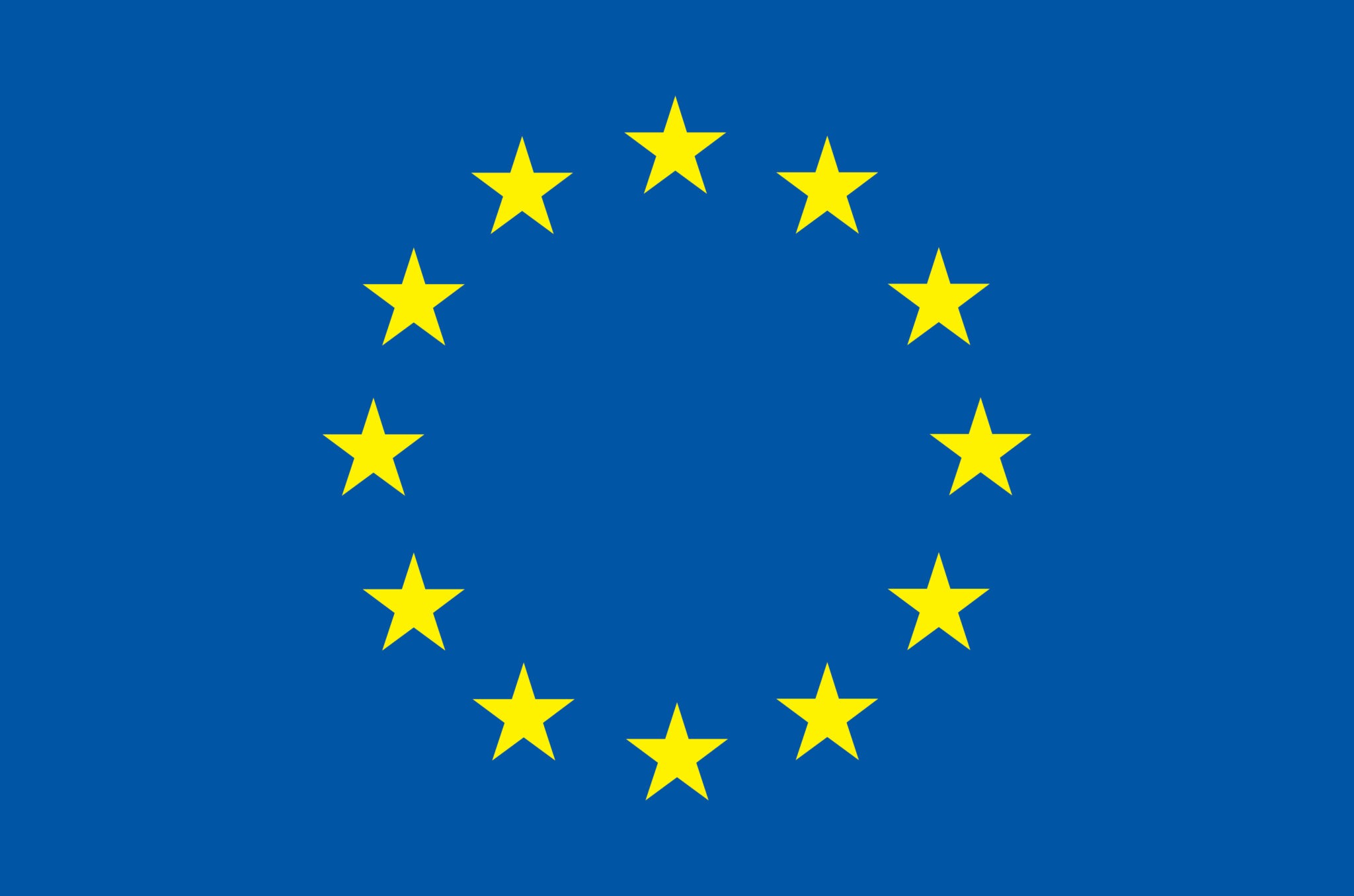Interview with Henriette Hummler (ESR 1)
What has your research project focused on?
The focus of my research was the influence of solid oral dosage form characteristics on patient acceptability in older adults. We investigated the impact of size, shape, as well as surface of solid oral dosage forms on their swallowability, visual perception, and further on handling that needs to be conducted prior to their administration.

What are the key results and innovations coming from your research project? How will they impact drug product development for geriatric patients and older adults in the future?
Patient-centric drug product development holds great potential to reduce the complexity of drug management in the advanced age population and to increase patient adherence. Even if swallowing capabilities were better than expected by adult participants within the intervention study, relatively low size limits need to be respected in order to allow for good swallowability, especially in older adults. Good swallowability is essential for patients’ willingness for a daily medication intake, especially regarding long term treatments. According to the visual perception, capsules were rated worse compared to tablets of the same weight. However, mini tablets as alternative dosage forms to monolithic tablets of higher weight were evaluated positively Within the studied population, handling did not seem to be the decisive aspect in respect to acceptable sizes and shapes of tablets. However, this might change when shifting the focus on patient populations experiencing greater impairments in dexterity.
Besides size and shape of solid oral dosage forms, the influence of surface characteristics on swallowability and especially the esophageal transit were evaluated. The observed difference between surface materials of solid oral dosage forms are of great importance in respect to their safe intake. The gained knowledge is a step towards the facilitation of patient-centric drug product development for the advanced age population. Thus, it is a step towards increased quality of life of the steadily growing group of older adults.
What were the surprises and highlights of your road to a PhD?
During some phases, one seemed to have been treading water and making no progress. However, any of the gained experience later led to positive surprises and even faster progress. My greatest highlights while pursuing my PhD were: working within an international, multi-disciplinary group of experts within the field; running clinical trials from conceptualization to preparation, performance, evaluation, and communication of the results; having the opportunity to work within the academic, industrial, as well as clinical setting; and having the opportunity to present and discuss my research on several international scientific conferences.
How did the AGePOP network impact your PhD experience?
Conducting my doctoral research within an international and multidisciplinary consortium was a great enrichment. Having the possibility to discuss my research within a group of highly engaged and experienced experts in the field has tremendously contributed to my research project. Further, it was of course a great opportunity to build a strong professional and personal network.
How was your MSCA ITN training different to local PhD programmes? Which training was particularly useful for you?
Being part of the consortium enabled me to build a broad and strong network. It was a great experience being trained in scientific, professional, operational, as well as communicational aspects. Ultimately, I think, it is the combination of all the training we received that sets us apart and provides us with a great tool-box of skills for future endeavours in our professional careers.
What are your plans for the future?
Working in the area of formulation development combined with human factors and clinical development was extremely exciting for me. This is why I am planning to stay within this field and to pursue my goal to achieve positive impact on patients’ lives.
What message would you like to give other early-stage researchers considering a PhD?
Always be open, have the courage to enter unchartered territories, and immerse yourself in the exchange with other scientists. This will allow you to discover new and exciting areas.
Edited by Donnia Robins and Jonas Kusch
ESRs and PhD candidates

